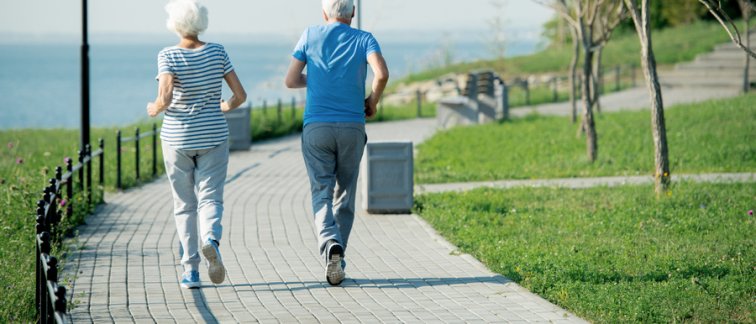Overall Aim
Physiological and pathological ageing is accompanied by a decline on structural, functional and activity levels. Muscle mass, strength and power, bone density, joint flexibility, physical endurance, cardiovascular and respiratory function, sensory acuity, and balance performance deteriorate with ageing and age-related diseases.
In addition, age-related cognitive changes that affect mobility comprise decline of attention, central information processing and executive function. These effects can increase the risk of mobility problems and lead to loss in physical functioning, such as for example gait function, and activities of daily living.
Although physical and cognitive declines appear unavoidable results of ageing, they are boosted by physical inactivity. Older people generally show a decrease in physical activity, which has been shown to be an important determinant of disability and mortality risk. In addition, inactivity levels during hospitalisation is a leading cause for rapid functional deconditioning and reduces recovery rate during and after hospital stay.
Older adults, and in particular older patients, require adequate fitness levels to maintain independence, recover from illness and reduce their high risk of falls. Understanding and advancing mobility and active aging within the ageing population is therefore currently one of the top priorities in (inter)national health care policies, but also for the target group of older adults.
The Ageing and Vitality programme of AMS uses a multidisciplinary and translational approaches. On the structural and functional level, we aim to unravel the mechanisms of ageing and pathology on mobility and physical functioning, to obtain insight into mechanistic, predictive and limiting factors for mobility and possibly into targets for intervention.
At the behavioural level, we focus on risk factors and facilitators for activities of daily living and daily physical activity, to develop and evaluate prevention and intervention programmes. We combine subjective (perceived) and objective (clinical assessments and innovative technological instrumentation) measures of physical functioning, and discrepancies between these measures on group and individual level, towards personalized interventions to facilitate healthy life style and physical functioning/recovery pre, during and post hospitalisation in the ageing popultation.
Program Board
- Professor dr. Carel Meskers, Amsterdam UMC, location VUmc (Program director);
- Professor dr. Mirjam Pijnappels, Faculty of Behavioural and Movement Sciences, VU Amsterdam (Program deputy director);
- Dr. Marike van der Schaaf, Amsterdam UMC, location AMC;
- Dr. Rob Wust, Faculty of Behavioural and Movement Sciences, VU Amsterdam;
- Dr. Bart Visser, Amsterdam University of Applied Sciences (HvA);
- Dax Houtkamp, PhD candidate, Faculty of Behavioural and Movement Science, VU Amsterdam.
Program Members
-
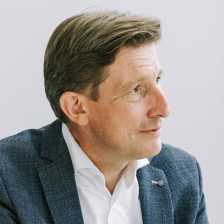 Aart NederveenPI PROF.DR.IR.
Aart NederveenPI PROF.DR.IR. -
Andrea MaierPROF.DR.
-
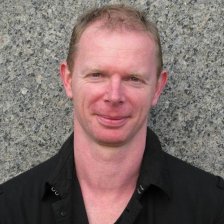 Andreas Daffertshofer
Andreas Daffertshofer -
Anke Mennen
-
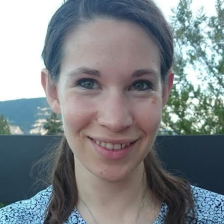 Anna Szücs
Anna Szücs -
Anna van DamPI DR.
-
Anouk Slaghekke
-
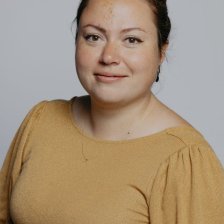 Arianne Gravesteijn
Arianne Gravesteijn -
Aske Gye Larsen
-
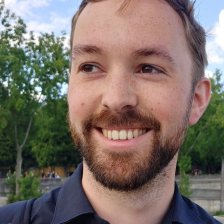 Bram Hoogerheide
Bram Hoogerheide -
Carel MeskersPI PROF.DR.
-
Caroline Driessen
-
 Chantal HulshofBSc MSc
Chantal HulshofBSc MSc -
Chuqi He
-
Danique van GulickDRS.
-
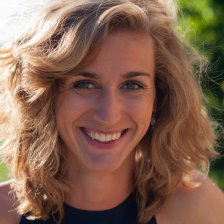 Daphne Geerse
Daphne Geerse -
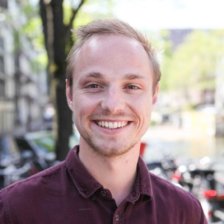 Dax Houtkamp
Dax Houtkamp -
Eco de GeusPROF.DR.
-
Edwin Geleijn
-
Ellen Breedveld
-
Erik Scherder
-
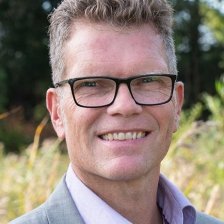 Erwin van WegenPI DR. M.S. Drs. Human Movement Science
Erwin van WegenPI DR. M.S. Drs. Human Movement Science -
Floortje Verspoor
-
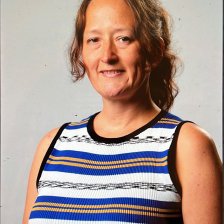 Florentina Hettinga
Florentina Hettinga -
Gino KerkhoffsPI PROF.DR.
-
 Hanna WillemsDR.
Hanna WillemsDR. -
 Hinke KruizengaPI DR.
Hinke KruizengaPI DR. -
 Isa Mast
Isa Mast -
Isabel van RuijvenMSC.
-
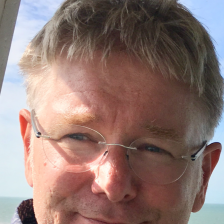 Jaap van Dieen
Jaap van Dieen -
Jacobus van LoonPI dr. ir.
-
Jelle Huijts
-
Jelte Bos
-
Jente Willaert
-
Joost van den AardwegProf.
-
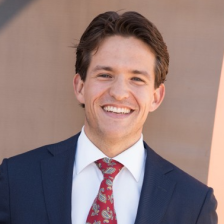 Justin van LoonDR.
Justin van LoonDR. -
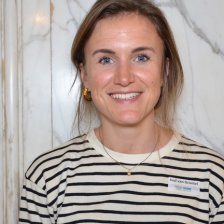 Juul van Grootel
Juul van Grootel -
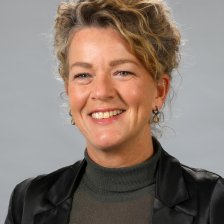 Karin GerritsDR.
Karin GerritsDR. -
Kasper de Vries
-
Koen Lemaire
-
Koen Zwetsloot
-
Lara Bruschinski
-
Lars Bouten
-
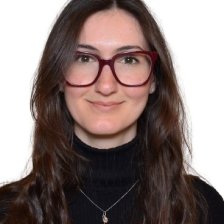 Laura Ventura
Laura Ventura -
Laure Verstraeten
-
Lisa Vossen
-
Marijke de Leeuwerk
-
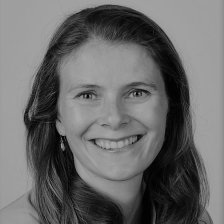 Marike van der LeedenPI DR.
Marike van der LeedenPI DR. -
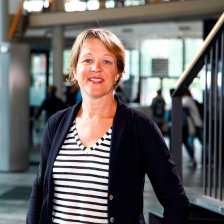 Marike van der SchaafPI DR.
Marike van der SchaafPI DR. -
Marte Lommerse
-
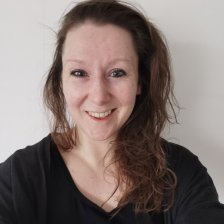 Melissa HooijmansPhD
Melissa HooijmansPhD -
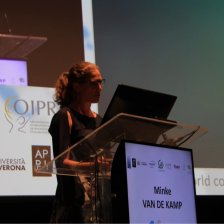 Minke van de Kamp
Minke van de Kamp -
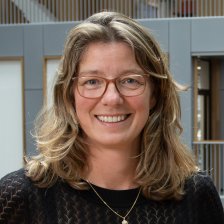 Mirjam PijnappelsProf.dr.
Mirjam PijnappelsProf.dr. -
 Nathalie BravenboerPI DR.
Nathalie BravenboerPI DR. -
 Nathalie van der VeldePI MD, PhD
Nathalie van der VeldePI MD, PhD -
 Ningjing Cui
Ningjing Cui -
Noémie Zerrouki
-
Pengan Ren
-
 Peter BisschopPI Prof. MD PhD
Peter BisschopPI Prof. MD PhD -
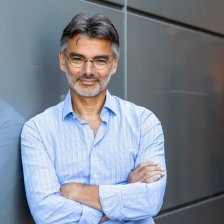 Peter WeijsPI PROF.DR.IR.
Peter WeijsPI PROF.DR.IR. -
Renate de JonghPI DR.
-
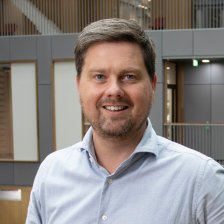 Rob WustPhD
Rob WustPhD -
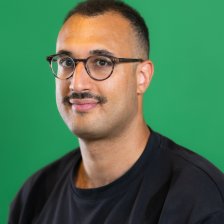 Romain Collet
Romain Collet -
Sjoerd Bruijn
-
 Trynke Hoekstra
Trynke Hoekstra -
Yue Su

